You’ve probably heard that putting your smartphone away before bed — or at least switching it to nighttime mode — is important to getting a good night’s sleep. However, just because your smartphone can keep you awake doesn’t mean that all gadgets need to be banned from the bedroom. In fact, there are plenty of tech devices that can help you get better sleep and wake up rested and ready to meet the day.
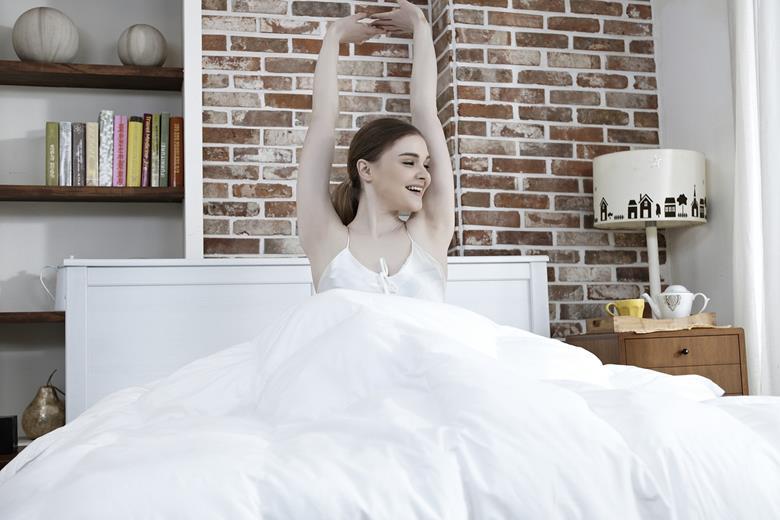
Here are a few devices you might want to incorporate into your nighttime routine.
Smart Lights
Our natural circadian rhythms are dictated by light, with darkness helping us fall asleep and light waking us up. Smart lights help support sleep by mimicking this natural pattern. Using your smartphone and connected lightbulbs or lamps, you can set your bedroom lamps to gradually and automatically fade, helping you drift off to sleep, and then gradually fill your room with light in the morning to wake you up.
It’s a more gentle approach than plunging into complete darkness by switching off the light or being awakened by a blaring alarm in the morning.
Sleep Trackers
If you have a fitness tracker like a FitBit or Apple Watch, you’re probably already familiar with the idea of a wearable sleep tracker. These devices measure your movement and heart rate throughout the night to give you an idea of how well you slept. However, sleep trackers go well beyond wristwatch-style devices to include apps, sleep masks, and more.
For example, some sleep tracking apps rely on your smartphone’s microphone to record your breathing and the sounds of movement to gauge your sleep quality and alert you to a potential sleep disorder. And a sleep tracking eye mask goes well beyond blocking out light to help you sleep.
Advanced sleep masks can measure everything from your pulse and temperature to brain waves, sending the information to an app for analysis, and giving you an in-depth insight into your sleep patterns and ways to optimize them.
Smart Beds
The idea of an adjustable bed isn’t anything new, but today’s smart beds have gone well beyond being able to move the head up and down for comfort.
Advanced smart beds can sense your temperature, movement, and position and automatically adjust based on your preferences to ensure you remain comfortable all night. Some beds will also analyze your sleep and provide you with actionable advice to help you get better sleep and wake up refreshed every day.
And it’s not just your mattress that can use smart technology to keep you cool, comfortable, and rested. Everything from mattress pads to duvets can be equipped with smart technology that can be controlled via an app, allowing you to customize virtually every aspect of your bed to your preferred specifications.
Anti-Snoring Devices
Whether it’s you or your partner sawing logs all night, it can be disruptive and keep everyone awake. Thanks to new anti-snoring tech devices, as that doesn’t have to be the case any longer.
Assuming that your doctor has ruled out any medical reasons for your snoring, such as sleep apnea, anti-snoring devices can do everything from automatically adjust your pillow when it detects the sound of snoring to fill the room with white noise that drowns out the sound, so it doesn’t wake up a sleeping partner.
Creating An Ideal Sleep Environment
Some tech gadgets may not be specifically designed to support sleep, but they can make it easier to fall asleep and stay asleep, giving you a good night’s rest. For example, a programmable thermostat can help you set your room to the ideal sleep temperature and keep it there all night.
Programmable essential oil diffusers can also help create a comfortable, sleep-inducing environment; adding a few drops of a restful oil like lavender to a diffuser about 30 minutes before bed can help you relax and drift off to sleep, and automatically turn off at present time. Other gadgets to consider might be remote-controlled window shades or drapes, air purifiers, and Wi-Fi controlled fans that can help keep the room cool while adding white noise.
Several apps and gadgets can help you fall asleep fast and stay asleep all night by creating white noise and other sounds that support sleep. Most meditation apps, for instance, offer sleep-inducing guided meditations, or ambient sounds like the ocean or forest that can help send you off to dreamland, without emitting blue light into your room. For a more subtle approach, try a sleep-inducing device that emits alpha waves known to support sleep. These devices can also detect your movement and breathing patterns and adjust waves automatically to help improve your sleep.
Wrapping it Up:
So while spending hours scrolling through social media or bingeing on Netflix before bed isn’t the best idea when you want to get a good night’s sleep, that doesn’t mean you need to ban technology from your bedroom. Choosing the right gadgets can actually improve your sleep, leaving you ready to face whatever your day brings.






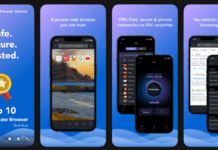
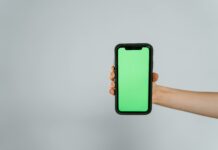
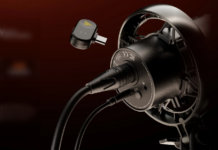

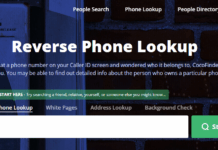






This is really a piece of useful information for me as I have a sleeping problem, and this article has helped me a lot. The post is nicely explained and quick to understand. Thanks a bunch for sharing this valuable information with every one of us.